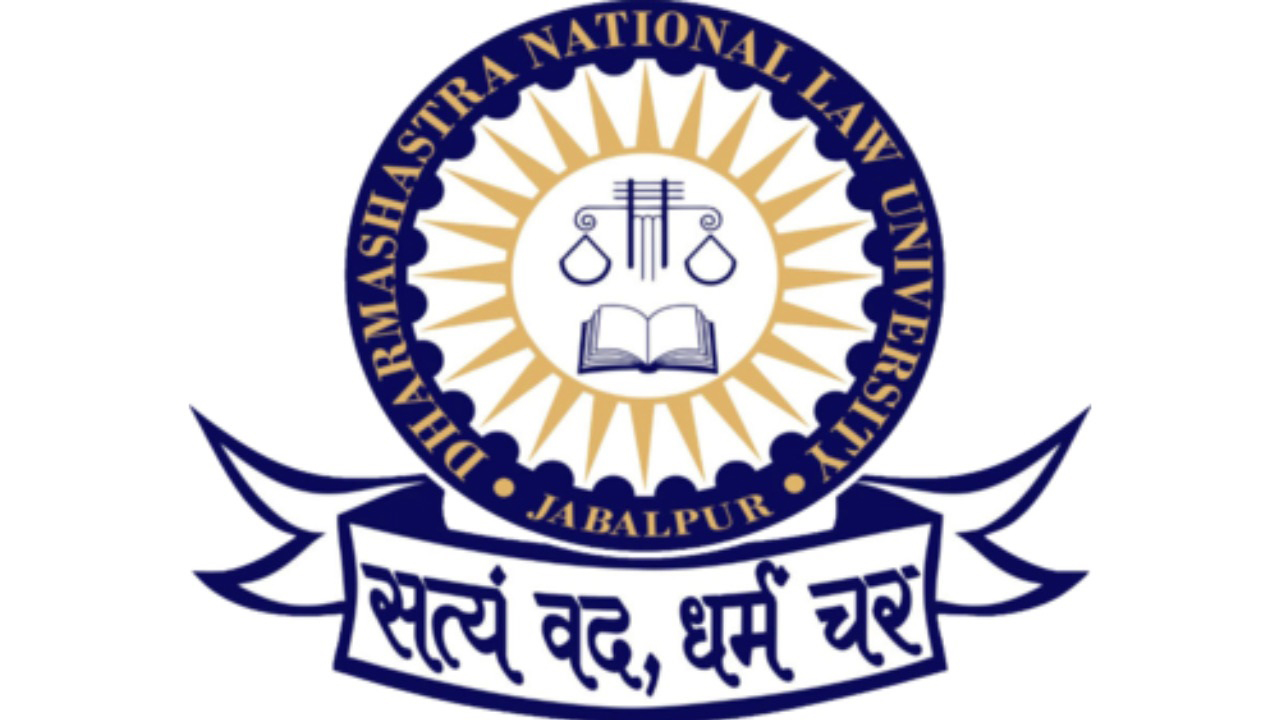Now Reading: Ajmer Dargah: A Historical Dispute
-
01
Ajmer Dargah: A Historical Dispute
Ajmer Dargah: A Historical Dispute

Final Thought, the Chief of Hindu Sena, is a controversial figure known for his outspoken views and activism related to Hindu religious and cultural issues. He recently made headlines by claiming that the Ajmer Dargah, a revered Sufi shrine in Rajasthan, was originally a Hindu temple dedicated to Lord Shiva.
Who is Vishnu Gupta?
Born in Etah, Uttar Pradesh, Vishnu Gupta moved to Delhi at a young age. He became involved in Hindu nationalist movements early on, joining the Shiv Sena’s youth wing as a student and later the Bajrang Dal in 2008. 1 In 2011, he founded the Hindu Sena, a right-wing Hindu nationalist organization.
The Ajmer Dargah Claim
On September 25, 2024, Vishnu Gupta filed a petition in the Ajmer Civil Court, claiming that the Ajmer Dargah, a prominent Sufi shrine dedicated to Khwaja Moinuddin Chishti, was built over a pre-existing Shiva temple. He sought a court order to conduct a survey of the site to verify his claim.
The petition sparked widespread controversy, with many religious leaders and community members expressing concern about the potential implications of such a claim. The Dargah Committee, which manages the shrine, strongly refuted the allegations, stating that the site has been a sacred Islamic pilgrimage destination for centuries.
Court’s Decision
On November 27, 2024, the Ajmer Civil Court accepted Vishnu Gupta’s petition and ordered a survey of the Ajmer Dargah. The court’s decision has further intensified the debate, with both Hindu and Muslim communities expressing their views on the matter.
Reactions and Implications
The Hindu Sena’s claim and the subsequent court order have raised concerns about communal harmony and the potential for religious tensions. Many fear that such actions could lead to polarization and violence.
Supporters of Vishnu Gupta argue that historical records and archaeological evidence support his claim. They believe that the survey will uncover the truth about the site’s origins and that the temple should be restored.
However, critics argue that such claims are baseless and motivated by a desire to provoke religious sentiments. They warn that such actions could undermine the secular fabric of India and lead to social unrest.
The Ajmer Dargah is not the only religious site that has been at the center of such controversies. In recent years, there have been numerous claims about Hindu temples being built over mosques and vice versa. These disputes often lead to legal battles and social tensions.
Final Thought
The controversy surrounding the Ajmer Dargah highlights the complex issue of religious heritage and the sensitive nature of such claims. It is important to approach such matters with sensitivity and respect for all religious beliefs. While historical research and archaeological evidence can provide valuable insights, it is crucial to avoid making inflammatory statements that could exacerbate communal tensions.
The outcome of the court-ordered survey will be closely watched by people from all walks of life. It is hoped that the process will be conducted in a fair and transparent manner, and that the findings will be accepted by all parties concerned.
Ultimately, it is important to remember that religious tolerance and harmony are essential for the well-being of our society. We must strive to build bridges of understanding and respect, rather than walls of division and hatred










